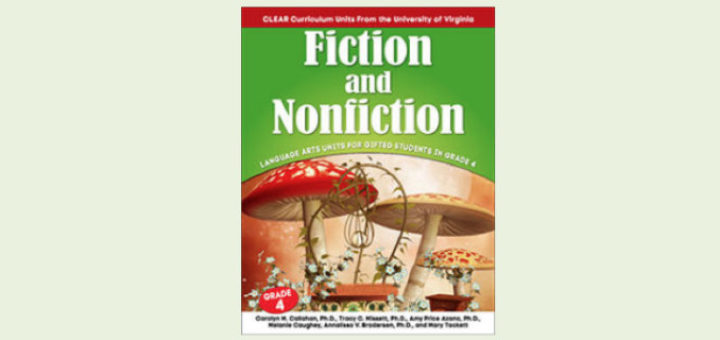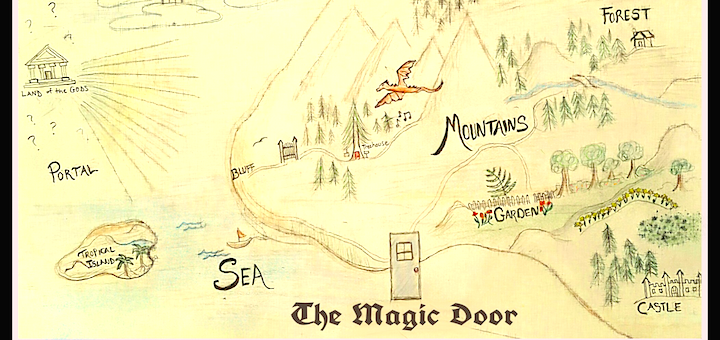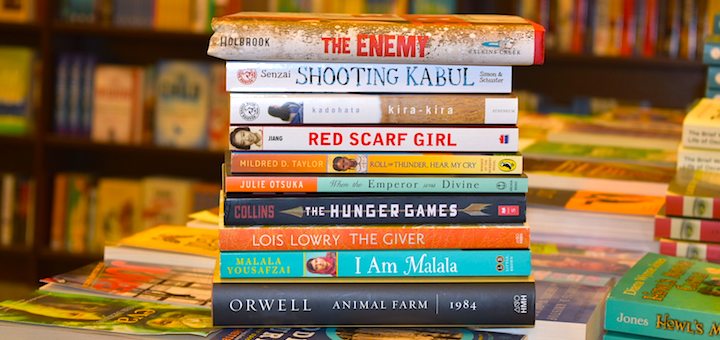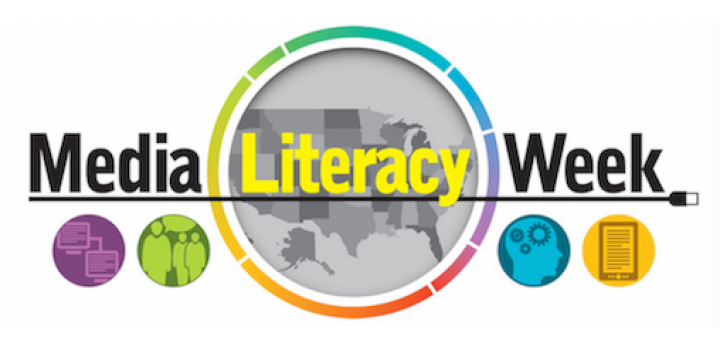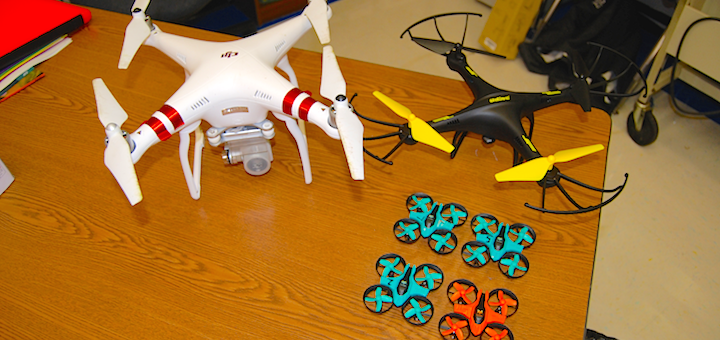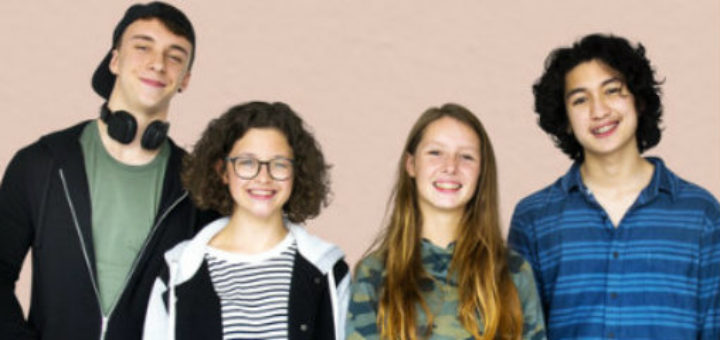Teach Students to Write for Real-Life Contexts
Today’s students have to learn to shift their writing styles to meet different real-life purposes, says ELA teacher-author Jeremy Hyler. Teachers should understand the different contexts (school, work, and personal) and help students learn to “code switch” as needed.


